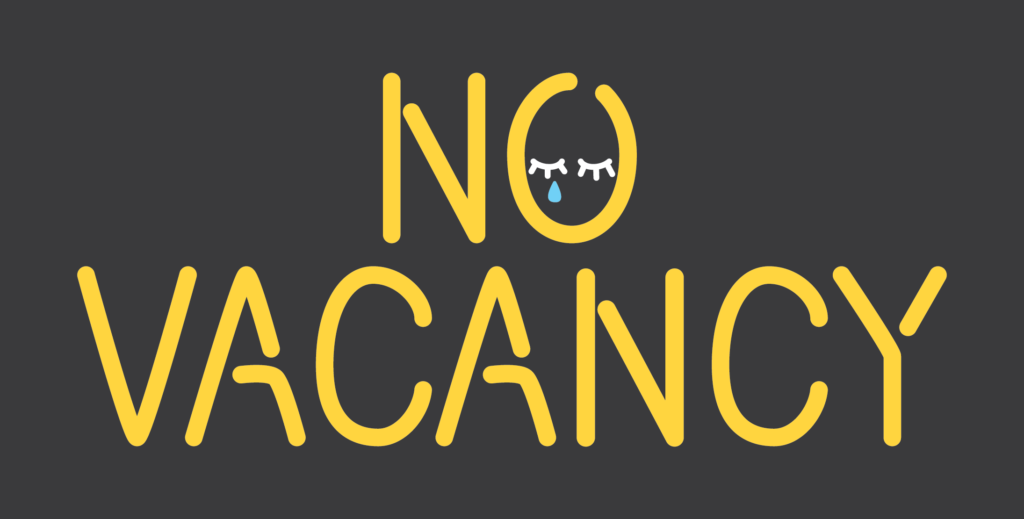As the school year intensifies, Seattle University’s Counseling and Psychological Services (CAPS) continues to receive a high number of appointment requests. Unfortunately, due to the small size of CAPS and the growing student population, students may have to wait up to four weeks for an appointment.
CAPS and their professional team of licensed clinicians are focused on assisting students who are facing struggles. Their goal is to empower students in their campus life and teach them how to cope with college life. The services they provide are free for all enrolled students.
The number of students seems to be overpowering the resources that the school is able to offer. New and current students alike find the lack of availability exasperating, given that CAPS is a resource on campus that is spoken about constantly, especially in campus tours and orientations.
Rowan Levelle, a fourth-year double major in biology and public affairs expressed frustration at CAPS’ unavailability. They were concerned about the lack of expansion in school resources, especially in regards to the steady growth of student population at Seattle U.
When Levelle had tried utilizing their services, they were met with many obstructions. They attempted to receive a referral through CAPS’ site, but were disappointed when they found out most links were broken.
Eventually, they got an appointment with CAPS and were disappointed with the services they received. Levelle spoke about how CAPS specializes in offering short term assistance with a fixed amount of sessions per year per student.
CAPS offers all Seattle U students 10 therapy sessions per year, but with the growing concern of space and availability, Levelle questioned if students would be able to take advantage of those sessions. Although the lack of availability does have logistical reasoning behind it, Levelle said they were baffled that there hasn’t been significant change for this recurring problem.
“I felt like I was being interviewed,” Levelle said. “With only 10 sessions, they don’t have time for you to get comfortable or even for them to help you unpack what you’re feeling.”
Levelle made it clear that it was not the counselors who should receive scrutiny for these problems. In fact, they said that the counselors were helpful and supportive, but they were restrained by the framework that CAPS is held by.
Even when CAPS is fully booked, therapists are still available to students who are in crisis during their urgent care hours. Urgent care hours are at 10 a.m. and 3 a.m. Monday–Friday. However, many students have issues with the emergency hours, citing that the hours may not work with their schedules, nor do they provide adequate help for when they are in crisis.
Fourth-year student Ash Vera has had personal experience with CAPS and their inaccessibility to students in crisis. They also spoke of the limited emergency hours.
“While it’s great that CAPS offers time for students to drop in and receive help it also forces individuals to wait to need help until this time,” Vera said.
Vera is the founder of the Healing Trauma Collective, a new student-run organization whose goal is to provide spaces for students who need to decompress. The Healing Trauma Collective also aims to work at the administrative level to enact change for mental health services at Seattle U.
“The Healing Trauma Collective will take a serious look at campus resources and the way they impact students,” Vera said.
The Student Health Center (SHC) is Seattle U’s on-campus healthcare facility for students and could be another alternative solution for students who have trouble meeting with CAPS. Director of Student Health Tara Hicks offered a more in-depth description of the mental health assistance the SHC is able to offer in an email statement.
“Although the Student Health Center cannot offer the services that CAPS does, our nurse practitioners are available to students who would like to discuss resources, assess lifestyle habits, and/or explore the option of medication to help manage their symptoms of anxiety and/or depression,” Hicks wrote. “A student should be able to schedule this type of an appointment within a week and usually closer to three days.”
Moreover, Hicks recommended scheduling an appointment with the Campus Ministers if a student is in need of confidential guidance. The Campus Ministers are available to all students, regardless of faith or non-faith identities. Hicks encouraged students to make an appointment to speak with the ministers for any issues that they are struggling with.
The consensus between Levelle and Vera was that they believe that CAPS is in need of administrative support as well as additional staff in order to help the Seattle U student population.
“I remember saving my emotional breakdowns until emergency hours were open,” Vera said. “Overall, I think the root problem to be that CAPS is underfunded and understaffed, and their team and organization needs more support.”
Asma may be reached at
agaba@su-spectator.com






